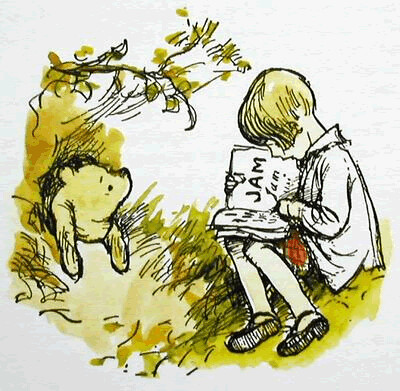Students are asked to do a lot of reading, in the form of both storybooks as they learn to read as well as textbooks as they progress through the education system. There are many who feel that reading outside of this context, reading done on the student’s own time, may be an important factor in intrinsically-motivated learning. In other words, those who read for leisure may be most motivated to learn about the world and therefore likely to do well in school and subsequently do better in life. Recently, Dr. Suzanne Mol and Dr. Jelle Jolles investigated leisure reading among a large sample of Dutch adolescents. Over a thousand twelve and thirteen year-olds were polled with respect to their leisure reading habits, their enjoyment of reading, and their tendency to engage in mental imagery while reading, along with their grades in key courses. What they found was that relatively few of the children reported reading for leisure, about 20% of students in a lower academic track and about 33% in the higher academic track. Replicating past research, girls were more likely to engage in leisure reading than boys. What was interesting was that almost without fail, those that reported reading for leisure also reported visual imagery while they read, seeing what was happening in the story in their “mind’s eye.” Another interesting finding was that among those who did not report reading for leisure, a self-reported enjoyment of reading predicted better academic achievement. This association was consistently observed across groups, except for boys in the lower academic track. This latter difference highlights the importance of examining individual differences when investigating how reading predicts academic achievement. A great strength of this study is its large sample size and the relatively homogenous nature of this sample (i.e., all children of about the same age with mostly the same educational experiences), making it easier to detect associations among the variables of interest. Finding a way to foster a love for reading may be an important avenue for potentially improving academic achievement early on in a child’s life.
Mol, S. E. & Jolles, J. (2014). Reading enjoyment amongst non-leisure readers can affect achievement in secondary school. Frontiers in Psychology, 5, article 1214.

No comments:
Post a Comment